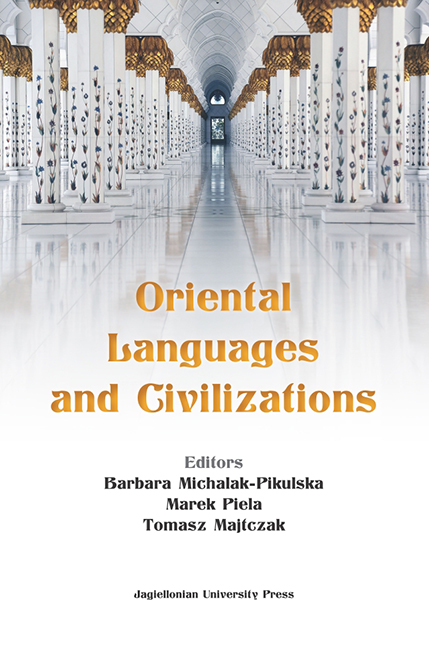Looking for God. The translation of a biblicalmetaphor into Polish and Arabic
Published online by Cambridge University Press: 06 November 2021
Summary
Abstract
We discuss Polish and Arabic translations of biblicalexpressions darash/biqqesh etjhwh ‘to pray to God,’ literally ‘to lookfor God.’ The most common Polish rendering isszukać Boga ‘to lookfor God.’ This metaphor appears also in contemporaryPolish texts and means ‘to look for an evidence forGod's existence in the world,’ thus the translationszukać Boga distortsthe original meaning but is of greater utility interms of pastoral service. The most common Arabicrendering of the idiom is الِتْمََسَ or طَلَبَ with‘God’ as a direct object, i.e. ‘to approach God witha request or question.’ This conveys the generalsense of the original in more accurate way thanPolish szukaćBoga.
Keywords: Bible, Arabic translations, Polishtranslations, looking for God
Introduction
The metaphor of looking for God is found incontemporary religious texts originally written bothin Polish and in Arabic. Due to the fact that Polishauthors who write about the need to look for Godsometimes make reference to the Bible, the Polishtranslations of which indeed contain the expressionszukać Boga ‘to lookfor God,’ we set ourselves the following tasks: 1.to establish the meaning of this metaphor in theoriginal text of the Bible and in contemporary textswritten in Polish and Arabic; 2. to compare thePolish and Arabic translations of the Bible in termsof the occurrence of the expression ‘to look forGod.’ This comparison seems interesting because themetaphor ‘to look for God’ conveys subtle and richtheological content, and, on the other hand, in thepassages discussed here a great deal of contemporaryArabic translations of the Bible replicate thelexical choices which were made centuries ago, andrender the expression ‘to look for God’ by means ofthe verbs الِتْمََسَ or طَلَبَ with ‘God’ as thedirect object. In modern Arabic the most commonequivalent of the Polish verb szukać ‘to look for’ is بَحَثَ , and itis this verb that appears in the modern Arabic textswhich explore the subject of looking for God.
- Type
- Chapter
- Information
- Oriental Languages and Civilizations , pp. 127 - 142Publisher: Jagiellonian University PressPrint publication year: 2022



